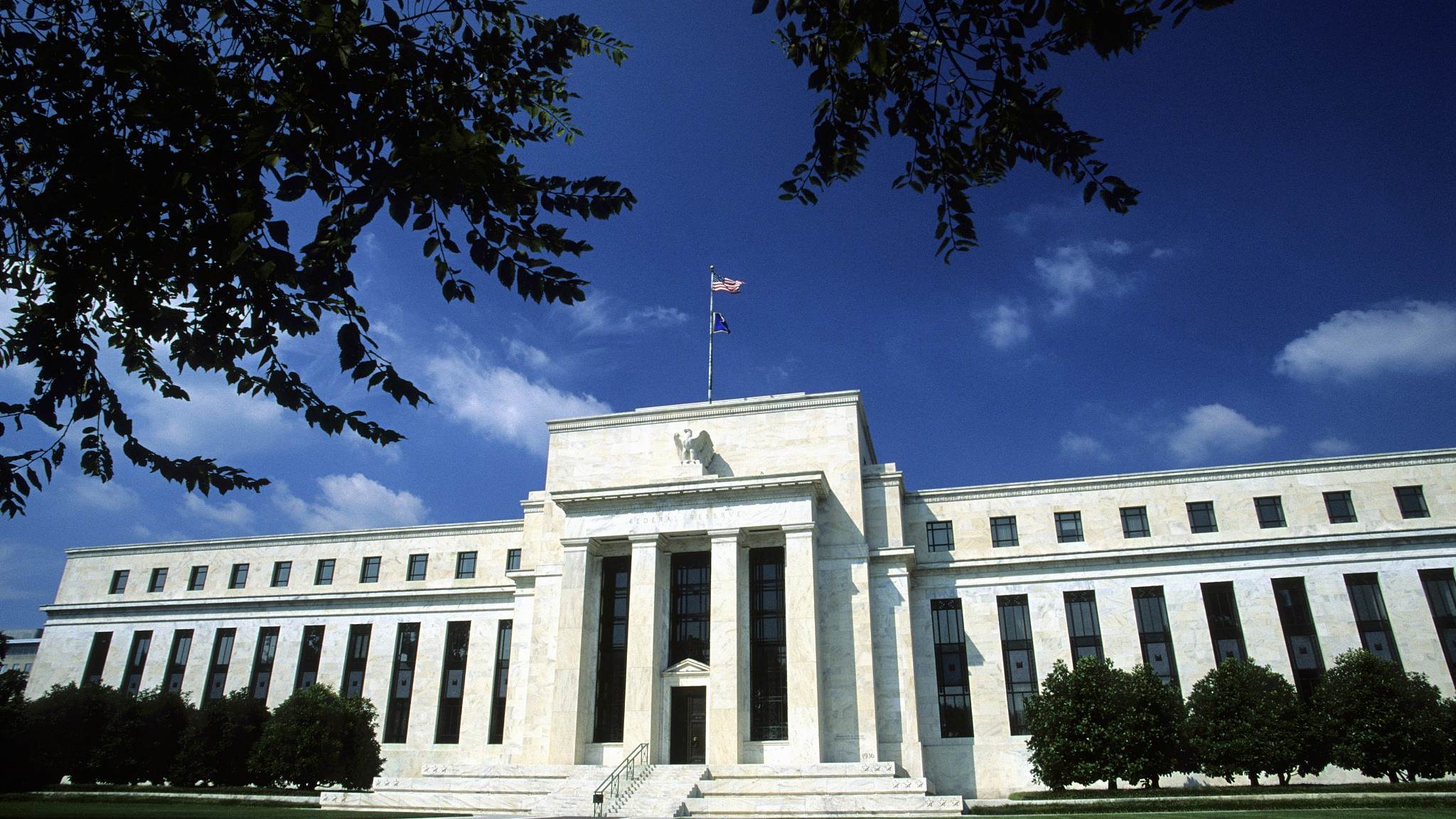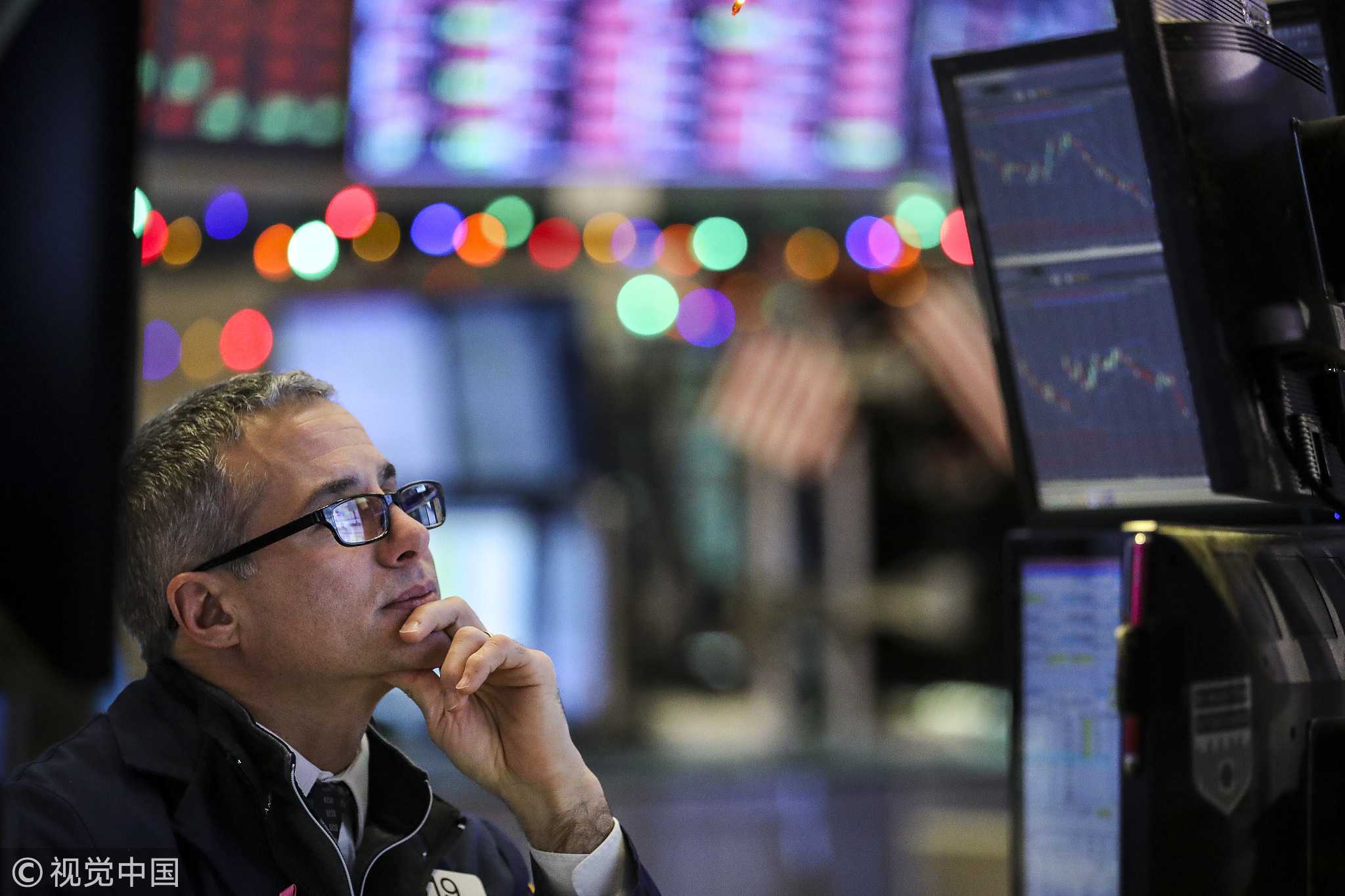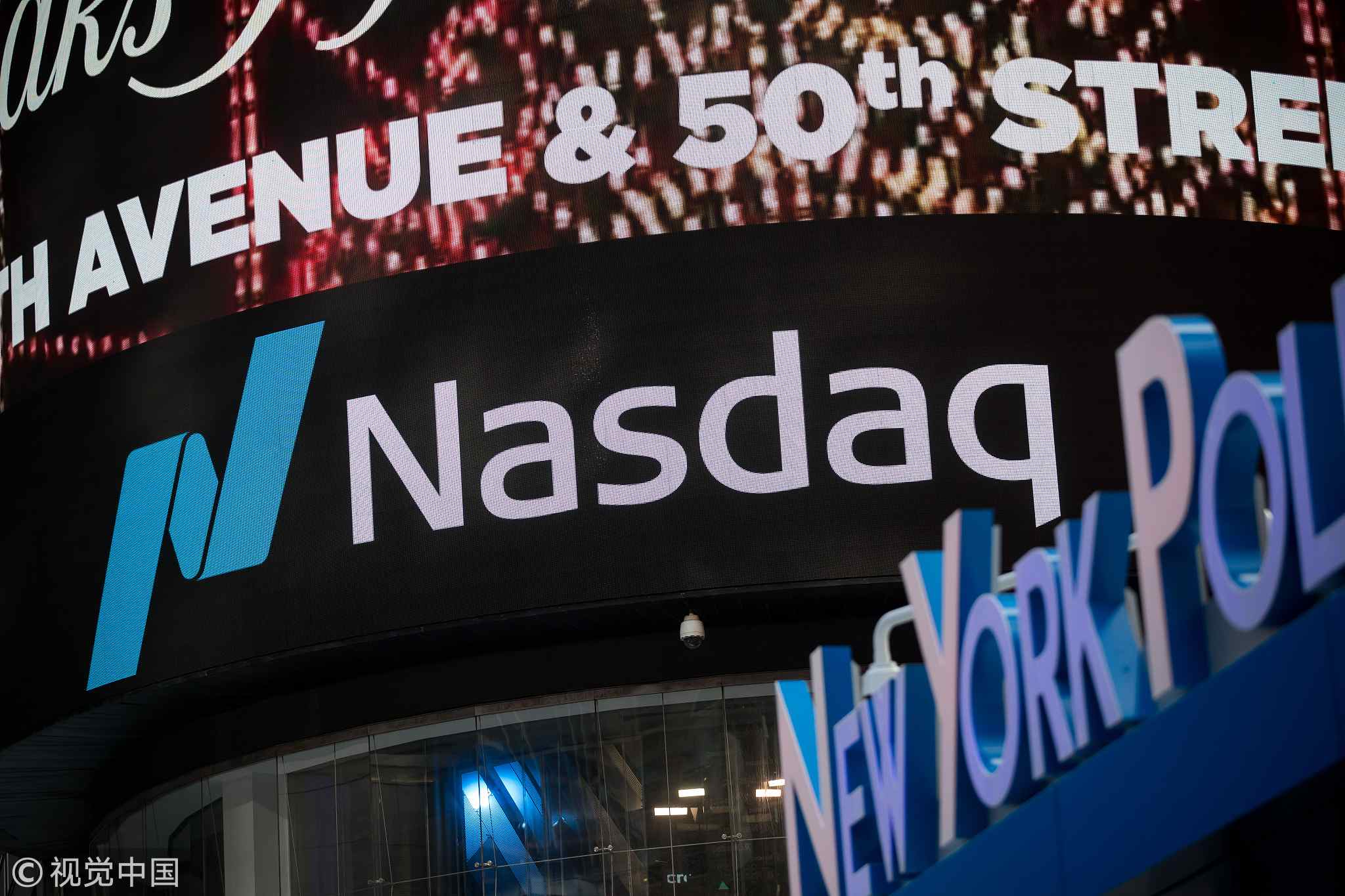
Opinions
12:58, 19-Dec-2018
Opinion: Is the Fed's interest rate going to get a hawkish hike or dovish hitchhike?
Updated
12:33, 22-Dec-2018
Li Yong

Editor's Note: Li Yong is deputy chair of the Expert Committee of the China Association of International Trade. The article reflects the author's opinion, and not necessarily the views of CGTN.
As 2018 is coming to an end, people's attention has started to focus on the well-being of the U.S. economy in 2019. A national survey by NBC/Wall Street Journal (WSJ) revealed that Americans are more pessimistic on the U.S. economy than they have been since 2013.
According to the survey, which was released on December 16, 33 percent of the surveyed respondents predicted that the U.S. economy will get worse in the year 2019, while 28 percent said the economy will get better in the next year. 33 vs. 28 does not seem to tell much about how good or how bad the economy is going to be.
Another survey would probably do. Duke CFO Global Business Outlook survey, conducted on December 7 and featuring CFOs from 212 American companies, signaled pessimism about the economic outlook. Almost half (48.6 percent) of U.S. chief financial officers believe the United States will be in recession by the end of next year. Worse still, 82 percent believe a recession will happen by the end of 2020.
Economists at JPMorgan, Bank of America Merrill Lynch, and Goldman Sachs agreed that U.S. gross domestic product growth would slow in the second half of 2019, according to a recent WSJ poll of economists.
Amid the pessimistic sentiments, there is still one last salvo from the Federal Reserve (Fed) in the year of 2018, which is the interest rate decision. Many have argued that the Fed's decision on whether to raise the interest rate will be crucial for the U.S. economy to avoid the downdraft.

A trader works at his desk ahead of the closing bell on the floor of the New York Stock Exchange, December 17, 2018. /VCG Photo
A trader works at his desk ahead of the closing bell on the floor of the New York Stock Exchange, December 17, 2018. /VCG Photo
Jerome Powell, who was appointed to the position of Fed's Chairman by President Donald Trump, has been raising interest rates since he took office in January 2018, for which he has been receiving criticisms from Trump.
In October, Trump said the Fed was “out of control” and was making “a big mistake” by raising rates too quickly. More recently, Trump put the blame of stock market sell-offs and even General Motors' decision to lay off 14,700 workers on Powell.
President Trump tweeted on Monday, "It is incredible that with a very strong dollar and virtually no inflation, the outside world blowing up around us, Paris is burning and China way down, the Fed is even considering yet another interest rate hike."
Putting aside whether the description of the situation in other countries is truthful or not, Trump is all the more unhappy about the likely interest rate hike.
Joining the crossfire was Trump's adviser Peter Navarro, who said in an interview on CNBC's Squawk on the Street that “We have zero inflation for all practical purposes”, and also strong economic growth, “the only argument I'm hearing for the Fed to raise rates now is somehow they have to exert their independence.”
This is really a question of the Fed deciding for a rate hike on its own independent judgment of the economic conditions or hitchhike on the no-raise argument that President Trump has been prodding.

Monitors display signage outside the Nasdaq MarketSite in the Times Square neighborhood of New York, U.S., December 17, 2018. /VCG Photo
Monitors display signage outside the Nasdaq MarketSite in the Times Square neighborhood of New York, U.S., December 17, 2018. /VCG Photo
Powell's independent judgment of the situation is, as he said in his speech at the Economic Club of New York, “Congress assigned the Federal Reserve the job of promoting maximum employment and price stability. I am pleased to say that our economy is now close to both of those objectives.
The unemployment rate is 3.7 percent, a 49-year low, and many other measures of labor market strength are at or near historic bests. Inflation is near our two percent target. The economy is growing at an annual rate of about three percent, well above most estimates of its longer-run trend.”
Although what he said in the speech was interpreted differently, there are obvious benefits for savers, retirees, homebuyers and even consumers. Interestingly, though, the Fed will be labeled “hawkish” if it raises the rate for the fourth time in 2018, or “dovish” if it does not.
Focusing on the hawkish or dovish nuances of each Fed statement has been the “new normal” of the stock market since the financial crisis of 2008. The market has been sensitive to Fed's likely decisions, and sure it should, although it sometimes over-reacts on over-interpreted scenarios. Should the market sell-offs be a factor for the Fed not to raise the rate? Probably not.
An interest rate hike might help correct the stock market mentality of making “easy money” with the guesswork on the Fed policies and altogether make the market return to normal fundamentals.
While the debate on interest rate continues, the likelihood of an interest rate hike is getting high. To hitchhike on Trump's no-raise preference is not as easy as President Trump thinks. Any compromise by the Fed under the pressure from Trump is going to be at the expense of its independence, and hence the overall credibility of the American central bank, which is even more dangerous than the impending recession.
In less than two days' time, we will see the result of the Fed meeting, which is likely an increase. In face of the headwinds ahead, some has put forward a notion that the rate hike would create room for future cuts should a recession materialize.
The Fed should not be characterized as a threat to the U.S. economy. The trade war waged by the Trump administration is a realistic threat to the U.S. economy instead. The Wall Street Journal's monthly survey of economists revealed that 47.3 percent of the economists surveyed had cited the back-and-forth tariff fight between the U.S. and China as the top threat to the economy in 2019, the highest percentage of any single threat.
(If you want to contribute and have specific expertise, please contact us at opinions@cgtn.com.)

SITEMAP
Copyright © 2018 CGTN. Beijing ICP prepared NO.16065310-3
Copyright © 2018 CGTN. Beijing ICP prepared NO.16065310-3